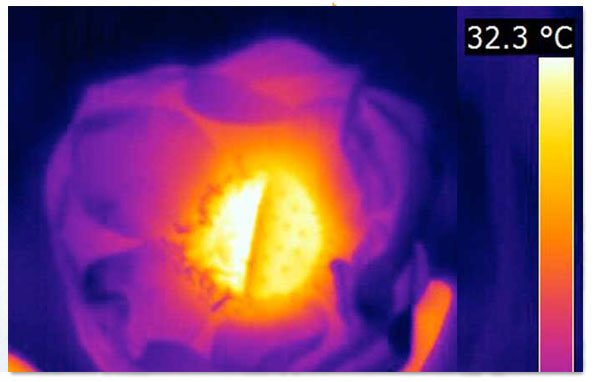






Ardley Island, KGI
Myself and Mel Waterman in the field
A nice day in the field!
Me at Wilkes Hut
Graduation Day
L/R: Diana King, Jo Turnbull, Barry Osmond, Sharon Robinson, Cornelia Buechen Osmond, Mick Ashcroft, Mel Waterman, Rhys Wyber, James Wallman, Jame Wasley
This is what healthy moss looks like!
Bryum pseudotriquetrum
PhD, University College London, 1990
Graduate Certificate in Science Education, Kings College London 1986
B.Sc. First Class Honours, University College London 1983
See below for more details






